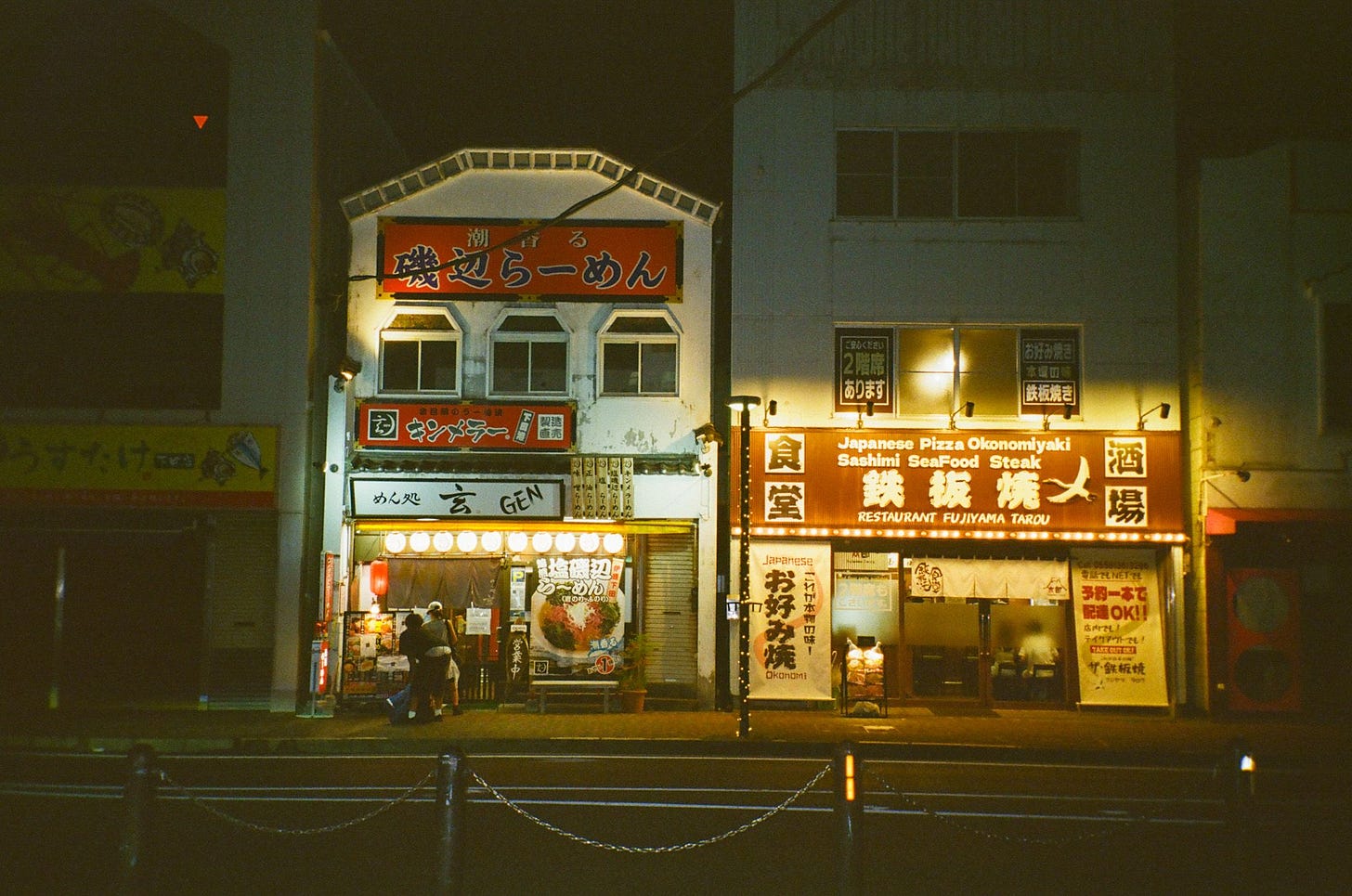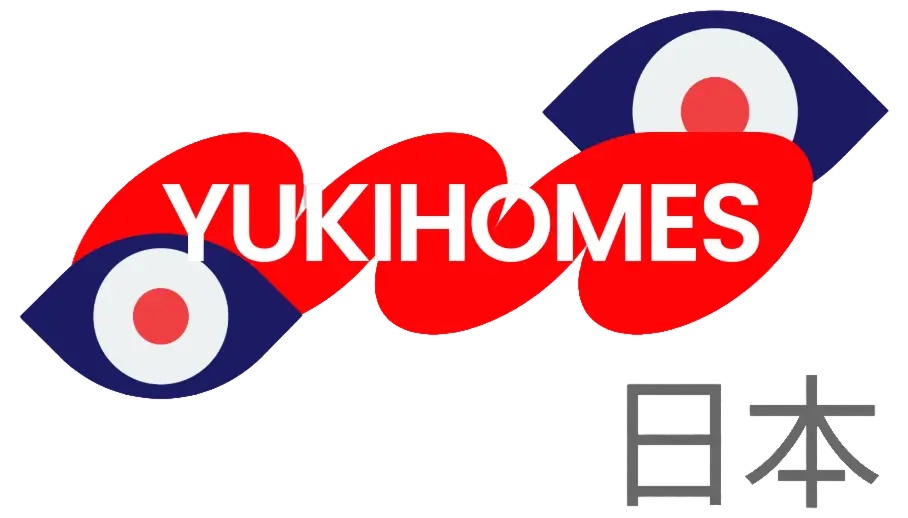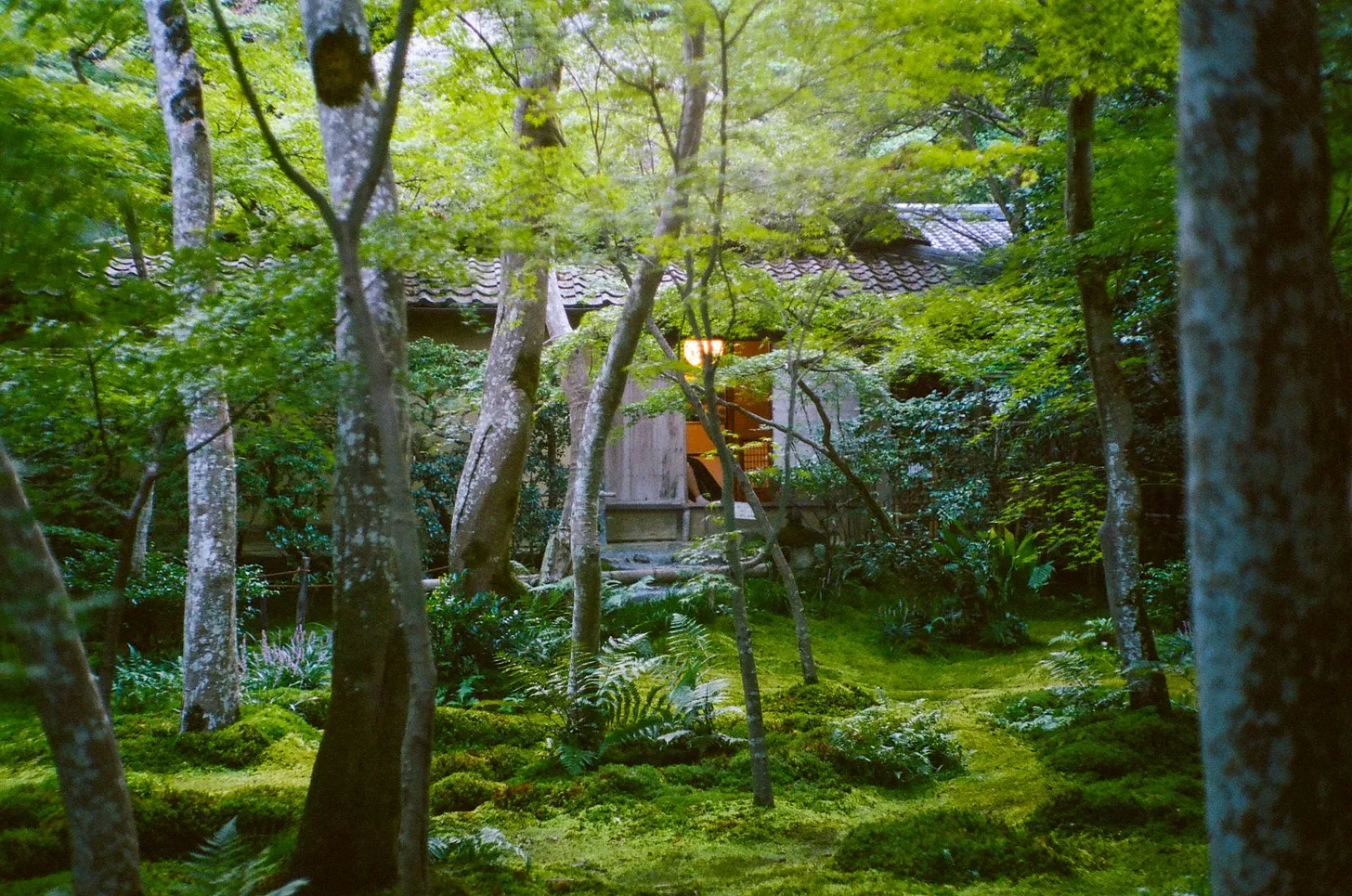If you’ve ever tried buying a home in the United States, you know the drill: low inventory, bidding wars, frantic offers, and agents fighting tooth and nail to close deals.
Now imagine the opposite.
That’s Japan.
Japan’s real estate market operates on an entirely different logic, shaped by culture, demographics, and economics. It’s one of the most unique property markets in the world, and really the only OECD country where homes are not rapidly appreciating.
It’s a first-world country without a first-world housing market.
1. A Massive Surplus of Homes
Japan doesn’t have a housing shortage, it has the opposite. With an aging population, rural depopulation, and lax zoning, millions of homes sit vacant across the country. Some estimates suggest over 8 million akiya (empty homes).
That surplus flips the dynamic you see in Western markets. There’s no artificial scarcity, no bidding wars, and no speculative buying frenzy. You can browse rural homes for under $30,000, and sometimes even find listings under $10,000.
In short: Japan is one of the few developed countries where you can still buy a home for less than the price of a car.
2. Low Commissions, Lower Incentives
When you’re buying an older home or akiya, the agent’s commission might only be around ¥300,000 ($2,000 USD). That means agents aren’t making huge profits and they won’t chase you down like U.S. realtors do.
They can make a much larger commission selling newer, more expensive homes for roughly the same amount of work. So, from their perspective, why waste time on these cheaper listings?
3. No Bidding Wars or Lowball Offers
In most of Japan, offering above the asking price is considered strange. Outside of central Tokyo, it just doesn’t happen. Sellers set a price and expect buyers to either meet it or politely walk away.
And even if a property has been on the market for 400 days, trying to slash the price in half won’t work. The sweet spot for negotiation is usually 5–10% off the asking price. Offer any less, and that agent may never work with you again.
4. Honor Over Contracts
When you submit a Letter of Intent (買付証明書) in Japan and it’s accepted, the home is essentially yours, even though it’s not legally binding. An agent won’t sell the home to someone else, even if they offer more.
That’s because Japan runs on trust and reputation. If you back out without a valid reason, you might not just lose the deal, you’ll burn a bridge with that agent or brokerage. And in Japan’s tight professional circles, word travels fast.
(If you do back out, a bottle of good whiskey can go a long way toward smoothing things over.) 🥃

5. There’s No MLS
In the U.S., all agents pull from one massive MLS database. Japan doesn’t have that. Instead, listings are scattered across thousands of small brokerage sites, prefectural listing boards, and private agent networks.
That’s why a lot of great homes never make it online, and up to 30% of deals are estimated to happen off-market.
It’s also why platforms like NipponHomes exist: to finally give foreigners a way to search all of Japan in one place, with real English listings, filters, and maps.
6. No Title Insurance
Japan’s property registration system is incredibly reliable. Every land parcel and building is recorded in detail at the local Legal Affairs Bureau. Because of that, title insurance doesn’t exist, it’s simply not needed.
Instead, a licensed 司法書士 (judicial scrivener) verifies ownership, boundaries, and liens directly from the registry before closing.
7. Inspections Are Rare
In the U.S., every transaction comes with a professional inspection and a long list of requested repairs. In Japan, inspections are optional and often skipped, especially for older homes.
Most listings are sold “as is” (現状引き渡し / genjō hikiwatashi). You buy what you see, and the seller walks away.
This is why due diligence or having a bilingual consultant who can help you inspect properly is so important.
8. Cash Is King
Japan’s mortgage system is conservative, and foreign buyers rarely qualify unless they live and work in Japan with steady yen income.
That means most purchases are cash deals. You wire funds directly to the seller’s account on closing day.
No escrow. No contingencies. Just clean, simple transactions.
9. Politeness Over Profit
In the U.S., agents are trained negotiators. In Japan, it’s more about politeness.
Aggressive negotiation, emotional persuasion, or “hardball” tactics are seen as rude. The process is quiet, formal, and built on mutual respect. Losing face, for either side, is worse than losing money.
That cultural difference shapes everything: tone, pace, and communication. It’s not just a transaction; it’s a relationship.
10. Homes Depreciate (and That’s Okay)
Here’s one of the biggest shocks to Western buyers: in Japan, homes lose value over time.
Most wooden houses are considered to have a lifespan of about 30 years before they’re rebuilt. Land retains value, but the building itself doesn’t at least in accounting terms.
It’s why you’ll see listings that say “building value: zero yen” even though the home looks perfectly fine.
But that mindset also creates opportunity. Japan is constantly rebuilding, experimenting, and modernizing its housing stock and that’s a big reason why older homes can be so affordable for foreigners.
11. Foreigners Can Own Property Freely
Unlike many countries, Japan allows foreigners to buy land and homes outright, freehold, 100% ownership. There are no citizenship or residency requirements.
The only challenges are practical: paperwork in Japanese, wire transfers, and closing procedures. That’s where having bilingual experts (like us at YukiHomes) makes the process smooth.
12. A Million-Dollar Home Next to a $20,000 One
In the U.S., it’s all about location. Where I live, even an old, small home will go for $600K+.
But in Japan, it’s not uncommon to see a $1 million home for sale in the same town where you just bought your $25,000 home. I see it all the time across Japan.
It’s an interesting dichotomy, one that makes the market endlessly fascinating.
Final Thoughts
Japan’s real estate market is one of the few places on earth where homes are abundant, prices are reasonable, and the buying process still runs on trust and respect instead of hype and speculation.
It’s not about “flipping.” It’s about finding a home you love in a culture that values integrity over profit.
If you’re curious what homes in Japan actually cost, start your search on NipponHomes.com — and see for yourself why Japan’s real estate market is unlike anywhere else.
Ready to discuss your specific investment goals?
Book a free consultation to review your budget and see current opportunities that match your criteria.
Want to see properties before committing?
Our consultation fee applies toward your success fee if you purchase, so there’s no additional cost to start exploring.
Browse opportunities yourself: Check out current listings at Nipponhomes.com
Book consultation | Subscribe to our newsletter
Share this post and get 5 new subscribers to earn your custom Yuki Homes heavyweight tee—designed in Brooklyn, quality you can actually feel.
Take the Next Step
Join our community for exclusive insights and resources on Japanese real estate investments.

Our team
Meet the founders.

Derek has been working in the Airbnb space for the past 10+ years and recently purchased a home in Japan. He is excited to bring this investment opportunity to others in the States & abroad.

Nick has a passion for adventure and has always dreamed of owning a property in Japan. His dreams finally came true when Derek brought him in on a deal of a lifetime in Hokkaido, Japan - one of Nick's favorite places on Earth.


